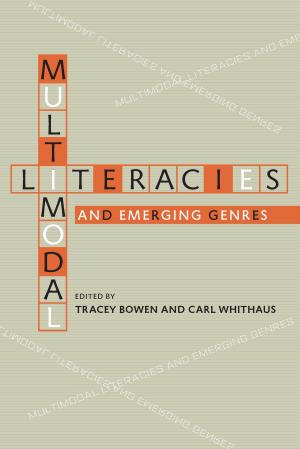The British Arboretum
Trees, Science and Culture in the Nineteenth Century
Nonfiction, Science & Nature, Science, Other Sciences, History| Author: | Paul A. Elliott, Charles Watkins, Stephen Daniels | ISBN: | 9780822981671 |
| Publisher: | University of Pittsburgh Press | Publication: | March 15, 2011 |
| Imprint: | University of Pittsburgh Press | Language: | English |
| Author: | Paul A. Elliott, Charles Watkins, Stephen Daniels |
| ISBN: | 9780822981671 |
| Publisher: | University of Pittsburgh Press |
| Publication: | March 15, 2011 |
| Imprint: | University of Pittsburgh Press |
| Language: | English |
This study explores the science and culture of nineteenth-century British arboretums, or tree collections. The development of arboretums was fostered by a variety of factors, each of which is explored in detail: global trade and exploration, the popularity of collecting, the significance to the British economy and society, developments in Enlightenment science, changes in landscape gardening aesthetics and agricultural and horticultural improvement.
Arboretums were idealized as microcosms of nature, miniature encapsulations of the globe and as living museums. This book critically examines different kinds of arboretum in order to understand the changing practical, scientific, aesthetic and pedagogical principles that underpinned their design, display and the way in which they were viewed. It is the first study of its kind and fills a gap in the literature on Victorian science and culture.
This study explores the science and culture of nineteenth-century British arboretums, or tree collections. The development of arboretums was fostered by a variety of factors, each of which is explored in detail: global trade and exploration, the popularity of collecting, the significance to the British economy and society, developments in Enlightenment science, changes in landscape gardening aesthetics and agricultural and horticultural improvement.
Arboretums were idealized as microcosms of nature, miniature encapsulations of the globe and as living museums. This book critically examines different kinds of arboretum in order to understand the changing practical, scientific, aesthetic and pedagogical principles that underpinned their design, display and the way in which they were viewed. It is the first study of its kind and fills a gap in the literature on Victorian science and culture.















